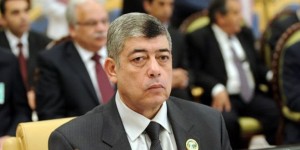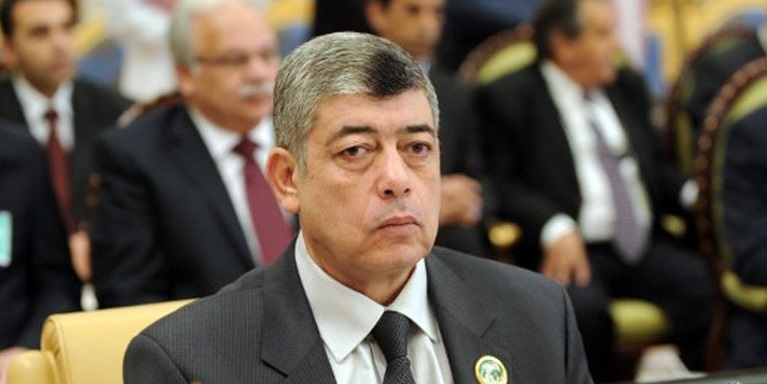
(AFP Photo)
By Deena Wahba
Protesters will not be able to break into police facilities as they did on 25 and 28 January, 2011, vowed Minister of Interior Mohamed Ibrahim on Monday.
In an interview with TV presenter Lamees El-Hadidi, Ibrahim discussed the ministry’s preparations to secure both government institutions and Egypt’s citizens ahead of nationwide protests planned for 30 June.
He stated that “whoever approaches any police facilities or the prisons will be treated firmly and in accordance with the law.”
“The police are a national institution for all Egyptians,” the minister said. “We don’t belong to or work for a certain faction; rather, we work to achieve security for the state and for our citizens.”
Ibrahim qualified, however, that the police would not interrupt peaceful protests. “I gave clear instructions not to harass or interfere in the protests. Rather [the police’s role will be] to secure [the protests],” he added.
The minister said that the Republican Guard will be responsible for securing the presidential palace, and the Central Security Forces will be on standby in case of conflict.
Ibrahim added that the police and the Armed Forces will focus on protecting certain vital institutions, including the cabinet building, the Shura Council and the Central Bank of Egypt. The Republican Guard and the police will also secure the Maspero state-owned media building.
Ibrahim asserted that the police’s primary aim is to “protect Egypt’s citizens, not to be against them,” and called on citizens to help the police resolve conflicts between factions.
Activists and human rights advocates have accused Ibrahim and the Ministry of Interior of regularly defending human rights abuses committed by the police. In March, hundreds of activists staged a protest outside of Ibrahim’s house to demand justice for those killed in clashes.
Opposition groups have called for a mass protest on 30 June in cooperation with the Tamarod movement, a petition campaign calling for early presidential elections.


